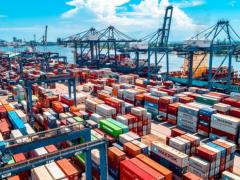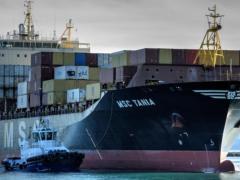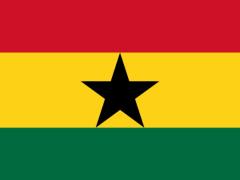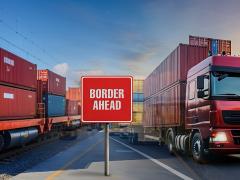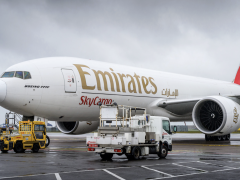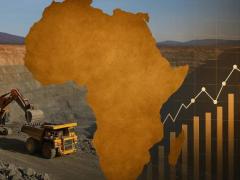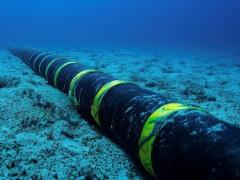Mozambique could rightly be described as the comeback kid. The country has arguably faced some of the biggest challenges – not only in southern Africa, but on the continent, if not the world – in recent years. From devastating cyclones to insurgencies, a global pandemic and post-electoral unrest, Mozambique has endured blow after blow, all on the back of years of war. Yet, time and again, it dusts itself off and rises stronger, proving to be one of the most resilient nations in the region. According to Duncan Bonnett, a partner at Africa House, Mozambique ranks among the upper realms of southern Africa – largely because of the sheer scale and ambition of its ongoing projects. “It’s not just the major LNG projects,” he said. “There are several other significant energy initiatives taking shape, as well as major port expansions. “In Maputo a couple of billion dollars is being spent on upgrading and expanding the port, while Chongene Port, further north, is being developed primarily as a minerals export hub. “Recently, there was also an announcement of a new five-star game reserve hotel, which represents a substantial investment and will generate important spin-offs for logistics and freight networks,” Bonnett said. “There are also several large- scale energy projects under way, and we’re seeing a fair amount of activity in social infrastructure – including new and upgraded hospitals, water systems and other essential services. On the agricultural front, there’s renewed momentum as well. “If you look back, before the IMF and World Bank reforms of the 1990s, Mozambique was one of the world’s largest cashew producers. “Those reforms decimated the local industry, but we’re now seeing a strong push towards value addition in agriculture, expansion of production capacity and investment in the supporting infrastructure – warehousing, storage, logistics chains and cold storage facilities. “So there’s a lot happening across the country.” According to the World Bank, Mozambique’s economy has, however, faced persistent and major challenges since 2015, including the hidden debt crisis, repeated cyclones, the Covid-19 pandemic, ongoing conflict in the north of the country and, more recently, post-electoral unrest. Growth remains fragile, despite the renewed investment interest. Bonnett agrees, noting that there is no denying the enormity of the challenges the country continues to face. “It’s still a very difficult environment,” he said. “Mozambique isn’t yet effectively integrated north to south or east to west – and if you look at the geography, you can see how complex that is. But at the same time, there’s an incremental shift taking place. Whether it’s happening fast enough is another question, but there’s definite progress.” LV
New game reserve will generate spin-offs for logistics
Comments | 0


